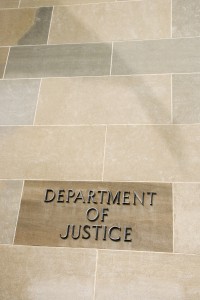Huntington Ingalls Industries Inc. (“HII”), a military services contractor headquartered in Newport, Virginia, agreed today to a $9.2 million settlement of allegations that it violated the False Claims Act (“FCA”) by over-billing the Department of Defense (“DoD”) for labor on U.S. Navy and Coast Guard ships at its shipyards in Pascagoula, Mississippi. The lawsuit was unsealed Monday in U.S. District Court in Gulfport, Mississippi.
The labor over-billing allegations were originally raised in a lawsuit using the qui tam “whistleblower” provisions of the False Claims Act. Bryon Faulkner, a former HII employee, used the provisions of the False Claims Act that permit private individuals to sue on behalf of the government for the submission of false claims to government programs and share in any recovery.
The FCA is a unique anti-fraud tool, in that it gives the government the right intervene and essentially “take over” a suit filed by a whistleblower, as it chose to do in this case.
 Whistleblower Attorneys Blog
Whistleblower Attorneys Blog







